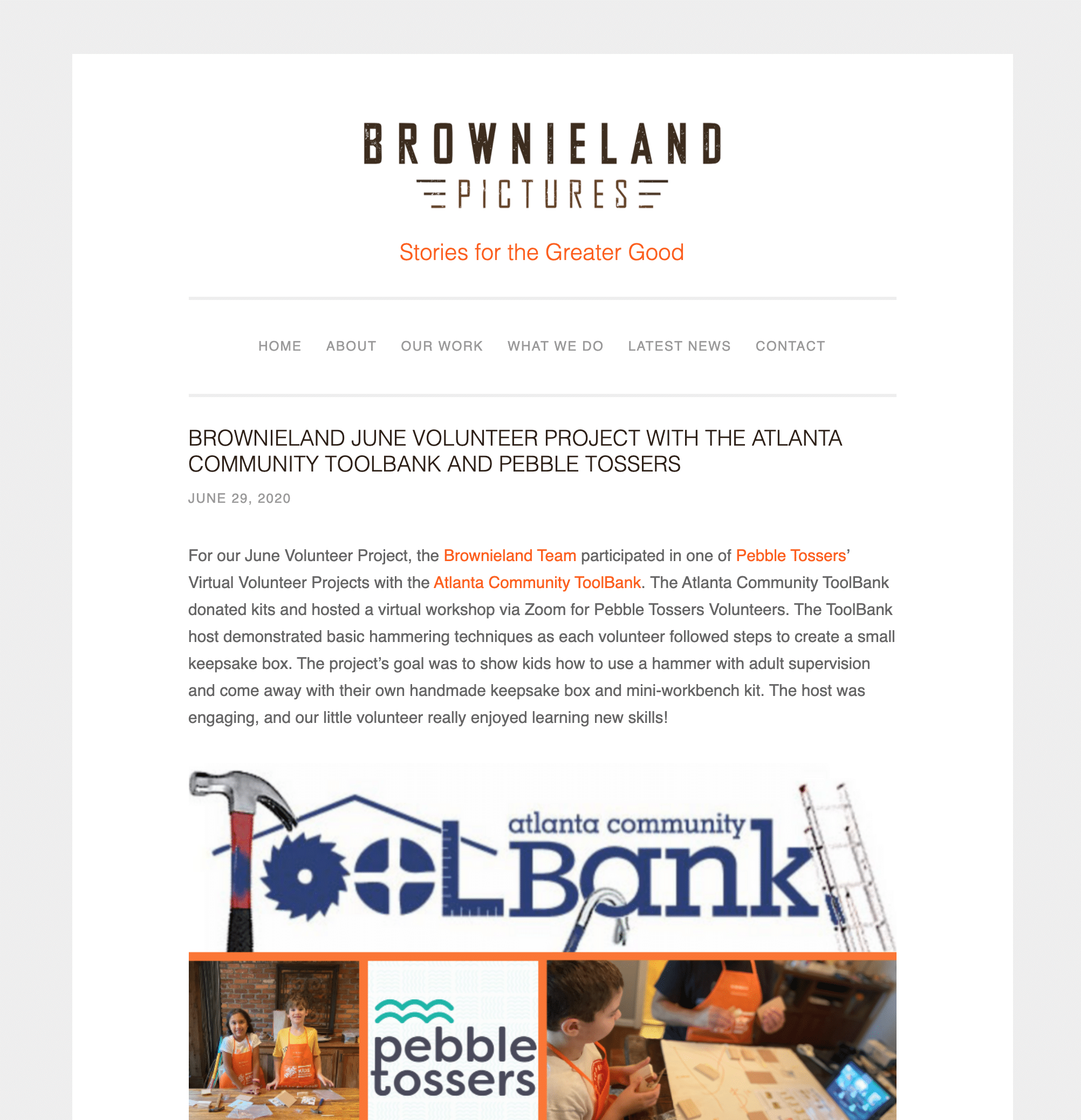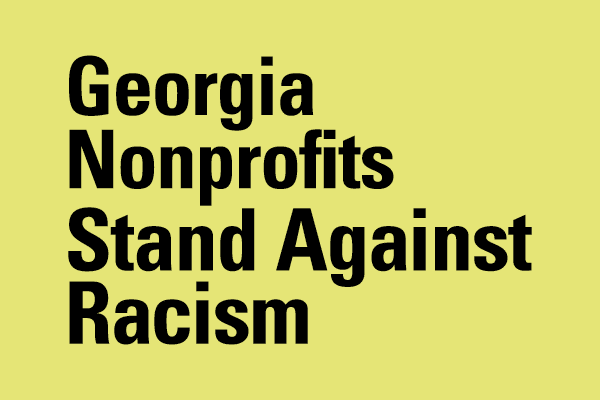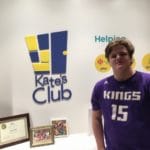What your service signals to others
Contributing your time, effort and energy to a community service organization like Pebble Tossers is rarely (and should never be) about resume building. It should be about serving the community, building traits like compassion and empathy, and ultimately making the world a better place. That being said, we all have personal goals like wanting to go to college and get a good job, and it is natural and smart to consider how time spent towards community service might help us reach those goals.
I am beginning my fifteenth year as a professor at a large university. During my career, I have evaluated hundreds (if not thousands) of applications for academic programs, scholarships, internships, etc. With this post, I will share some insight on what your community service means to those of us who make these decisions. Three factors stand out.
First, your service shows that you care about something bigger than yourself. These are precisely the types of people we want to support, but it is very hard to differentiate between selfish people and those who care about others. Volunteering provides evidence that you care about others. Take a look at the Pebble Tossers Board of Directors and Advisory Council for a moment. We see lawyers, health professionals, web designers, accountants, financial advisors, and many more high-level, powerful positions. These are busy people who find time to give back because they care about something bigger than themselves. These are the type of people we want in our programs, and these are the types of people our donors want to support through scholarships. By serving, you signal that you want to become one of these people someday – you will set lofty personal goals like becoming a lawyer or CEO, but you’ll also stay grounded and use your talents to make the world a better place.
Second, serving demonstrates the type of work ethic that will allow you to reach your goals. Rest assured that being a college student, arguing a legal case, running high-level meetings, and working with investors is rarely like what you see on TV. Sure, parts of these jobs can be a lot of fun, but much of what we do as professionals is a grind. Similarly, serving your community by planting trees, delivering meals, and picking up trash can look like a lot of fun in pictures, but anyone who has done these knows that they are mostly just hard work. Most do not reach their goals because they cannot dig down deep and grind it out when difficulties arise. Your service tells me that you can.
Third, serving signals that you understand the importance of working with a diverse team to accomplish big goals. This is what all successful organizations do, and the workforce desperately needs servants and leaders who can bring people together to reach goals. Seeing Pebble Tossers on your resume tells me that you are one of these types of people. You understand that people have diverse talents and skills, and you understand that we can accomplish great things when these people come together effectively.
Ultimately, you should volunteer and serve because you care about others and want to make the world a better place. However, never discount what you are signaling about yourself when you serve. Youth with high GPAs and ACT/SAT scores are a dime a dozen. Serving sets you apart as not only a high achiever, but also a high achiever who cares about others. These are the type of people we want on our teams.
———–
Written for Pebble Tossers by Clayton Thyne, a Professor in the Political Science department at the University of Kentucky. He currently serves as the Department Chair, having previously held positions as Director of Graduate Studies and as the co-founder and Director of the Peace Studies certificate program. His research currently focuses on domestic conflict/instability, coups d’état, regime types and democratization, and international education.




 Leaders Are Artists
Leaders Are Artists “Executive Functioning + Volunteering”
“Executive Functioning + Volunteering”